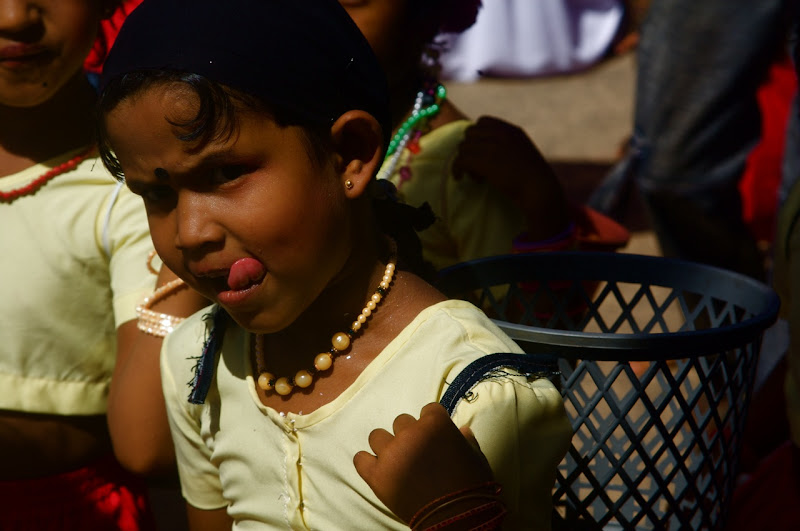 |
| From Black Sand Journal |
It is rural community like no other on this island - the literal English translation of its name is SugarTown. I volunteer for a local NGO that adopted this southern coastal region years before the tsunami occurred. It tried to improve the standard of living for impoverished villagers by providing children with educational material and their families with dry rations. On the day the tsunami hit, children from towns all along the southern shore were bused in to collect basic school supplies and backpacks. Those who could not run up to the temple were washed away by the waves. They say not a single family in town was spared losing a loved one. The trauma did not recede as easily as the tide. The harrowing search for bodies soon gave-way to the realization that by a whole generation of new orphans survived their dead parents.
 |
| From Black Sand Journal |
Make no mistake - SugarTown is an entirely unique phenomenon. Rural stagnation is an epidemic in Sri Lanka's 12,ooo villages. Areas in the deep south are still struggling to recover from the tsunami after being left untouched by government relief. Though literacy in local languages is above 90%, the difference between realized potential and wasted talent is often a rudimentary knowledge of English that escapes most of the island's rural population. Even in areas where outside assistance is extremely pervasive, some of the renovated housing communities are slowly deteriorating into shanty towns. I saw young mothers cradle newborns in hollow door frames, using concrete bricks for chairs in otherwise unfurnished homes. Those villagers lucky enough to receive aid simply cannot earn enough money to maintain what they've been given. Even a child's free education comes with an opportunity cost to the poorest families. Reaching 10th grade is an achievement in itself, university for these children doesn't even register as a pipe-dream.
 |
| From Black Sand Journal |
You can see the full album of my trip on my photography site.


